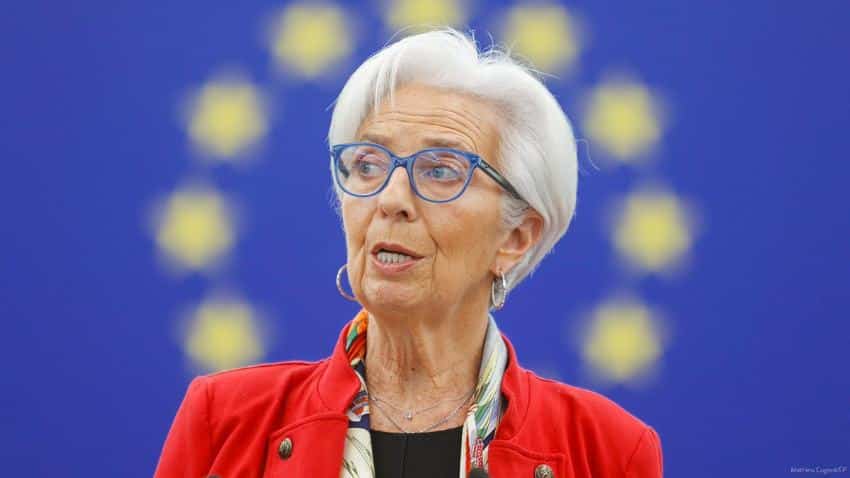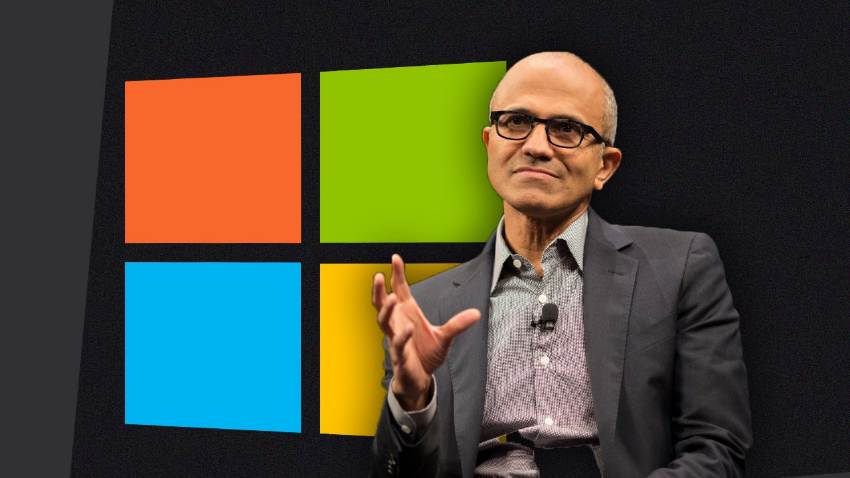The European Central Bank is approaching the conclusion of its hiking cycle as inflation decelerates

The European Central Bank is preparing to once again raise its benchmark policy rate due to persistently high inflation. The headline rate stands at 6.1% year-on-year, while the core rate is at 5.3%. These levels of inflation continue to cause concern in Frankfurt, especially considering the ongoing growth in wage pressures.

The European Central Bank is expected to raise its benchmark policy rate by an additional 25 basis points this week, emphasizing that all future rate decisions will be strictly based on data as uncertainty looms over inflation and economic growth prospects.
According to Fritzi Köhler-Geib, a chief economist at German bank KfW, recent economic indicators, the significant easing in energy markets, and the surprising drop in inflation all suggest an early end to the interest rate cycle. However, caution is warranted due to growing wage pressure and persistently high inflation expectations.
Although recent inflation data indicates a slight easing of price dynamics, consumer prices continue to rise at a level that is still uncomfortably high. Headline inflation stands at 6.1% year-on-year, with the core rate at 5.3%. Moreover, wage pressures are on the rise. The upcoming staff projections from the ECB, scheduled to be released on Thursday alongside the rate decision, will be crucial in assessing the situation.
Mark Wall, an observer of the ECB at Deutsche Bank, suggests that the risks for the terminal benchmark rate lean towards an upside of 3.75%. Currently, the bank’s benchmark rate sits at 3.25%. Wall notes that while May’s inflation was below consensus, underlying inflation remains elevated, and he anticipates upward momentum in pricing related to tourism during the summer.
It is possible that the European Central Bank (ECB) will need to wait until at least September, and potentially even longer, before obtaining substantial evidence that underlying inflation is decelerating sufficiently to consider skipping or pausing the current cycle of interest rate hikes.




